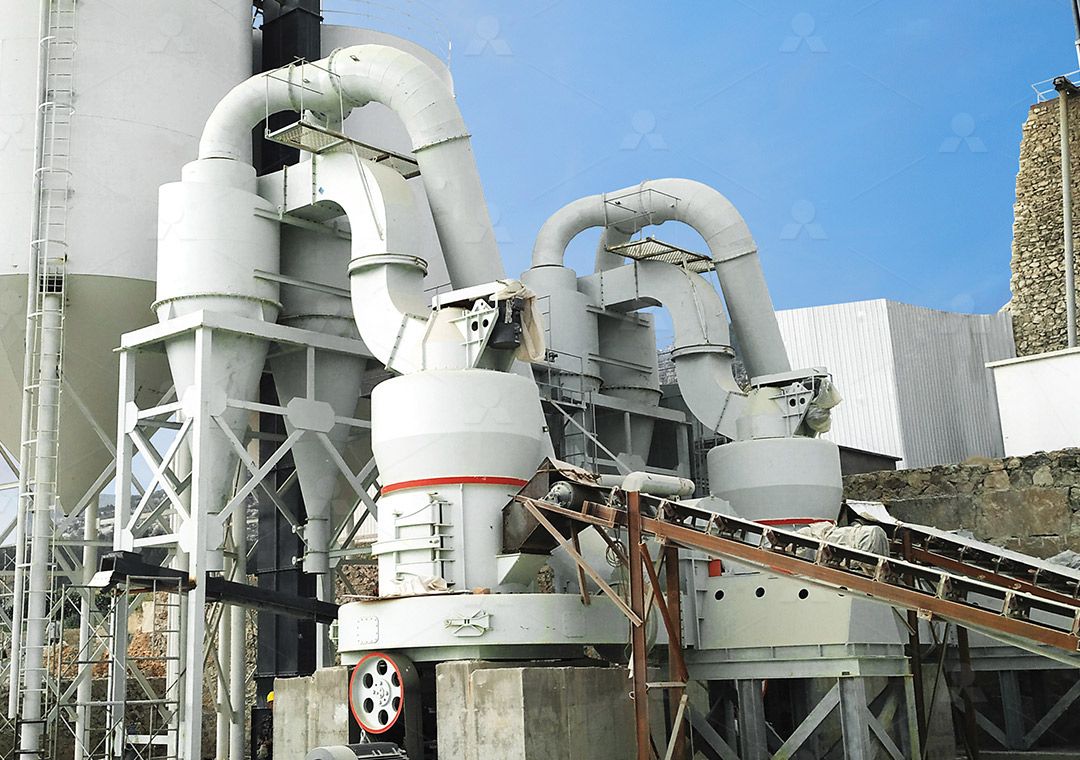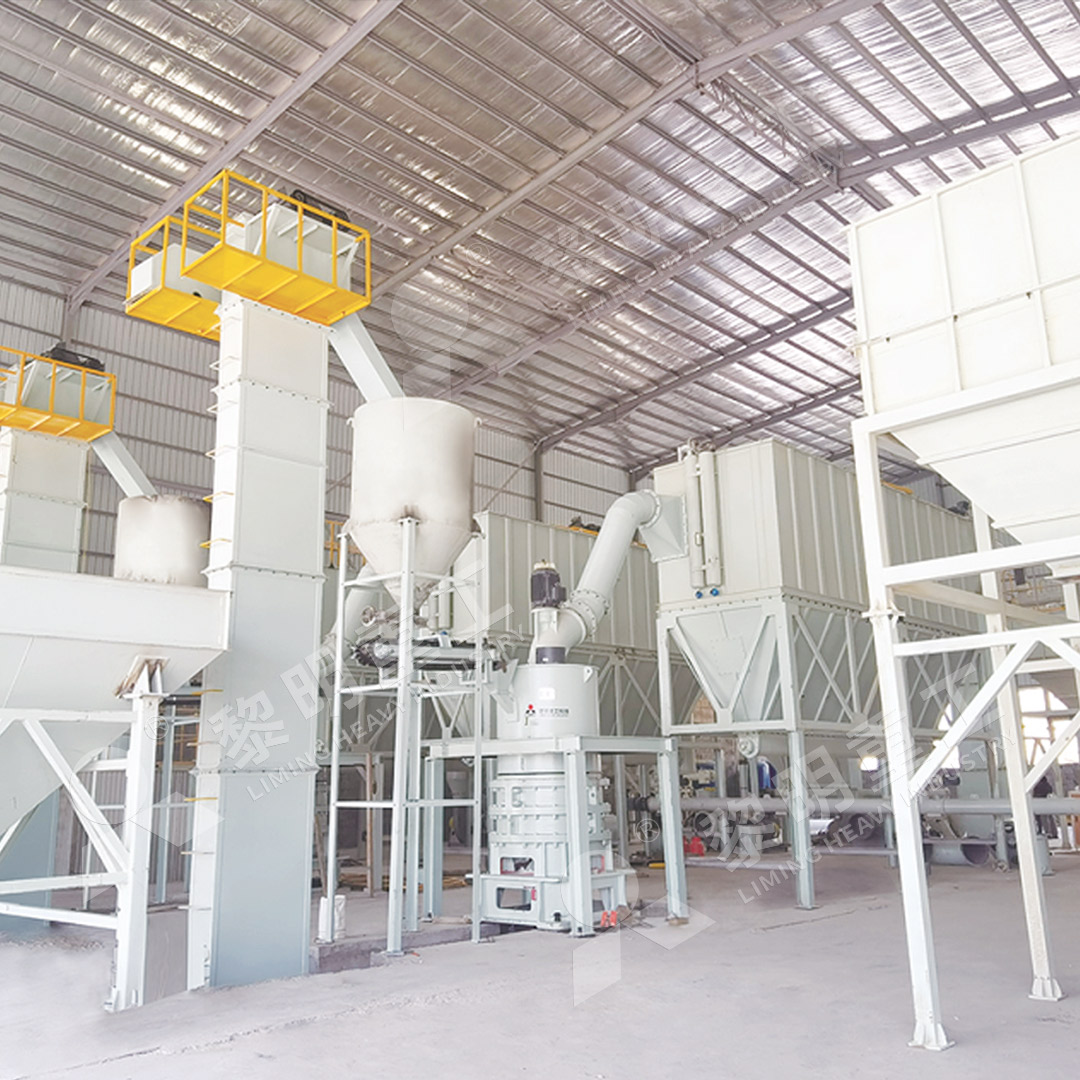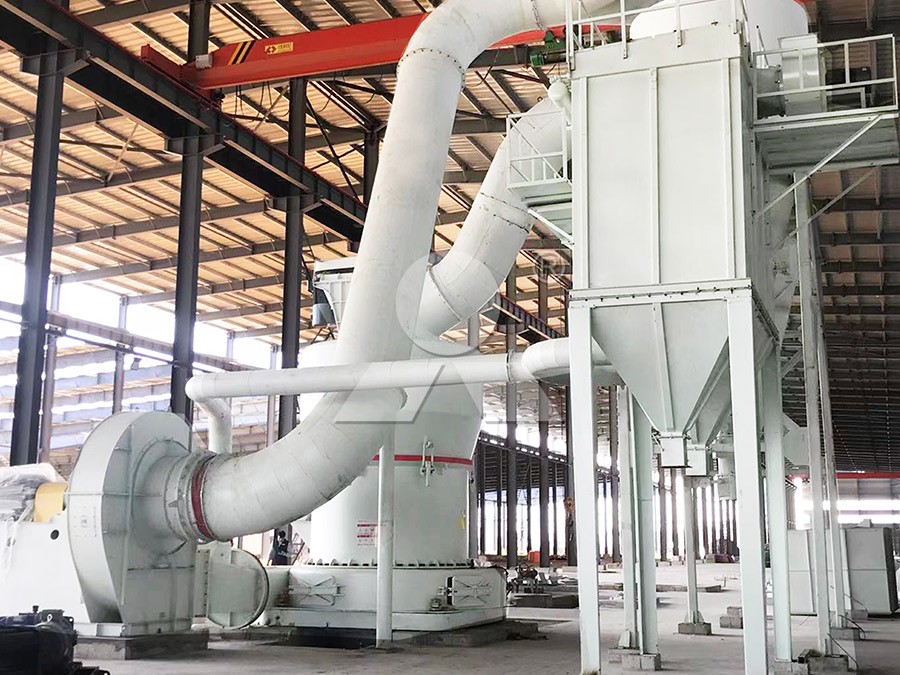Wet Ball Mill for Sale in Indonesia: Efficient Grinding and Screening Solutions
We provide a wide range of mills — including Raymond mill, trapezoidal mill, vertical mill, ultrafine mill, and ball mill, obtained ISO9001 international quality certification, EU CE certification, and Customs Union CU-TR certification. Suitable for processing minerals such as limestone, phosphate, quicklime, kaolin, talc, barite, bentonite, calcium carbonate, dolomite, coal, gypsum, clay, carbon black, slag, cement raw materials, cement clinker, and more.
The discharge range of these mills can be adjusted to meet specific processing needs, typically from 80-400 mesh, 600-3250 mesh, and can achieve the finest particle size of up to 6000 mesh(D50).
If you are looking for a reliable grinding solution to turn stone or minerals into fine powder, please feel free to contact our online customer service.
Wet Ball Mill for Sale in Indonesia: Efficient Grinding and Screening Solutions
Indonesia’s thriving mining and construction sectors demand robust and efficient grinding solutions to process various materials. While traditional ball mills have served industries for decades, technological advancements have introduced more sophisticated options that deliver superior performance, especially for ultra-fine powder production.
The core challenge in mineral processing and powder production lies in achieving the desired fineness while maintaining operational efficiency and environmental compliance. This is where modern grinding technology makes a significant difference, offering enhanced control over particle size distribution and reduced energy consumption.

Beyond Traditional Milling: The Shift to Advanced Grinding Systems
Conventional ball mills, including wet ball mills, have been workhorses in Indonesian processing plants. However, operations seeking higher efficiency and finer outputs are increasingly turning to more advanced grinding systems. These modern mills integrate multiple processes—crushing, drying, grinding, and classifying—into single, compact units that offer substantial space and energy savings.
For operations requiring ultra-fine powders between 325-2500 meshes, the MW Ultrafine Grinding Mill presents an exceptional solution. This advanced mill features a newly designed grinding curve for its rollers and rings that enhances grinding efficiency dramatically. With production capacity 40% higher than jet mills and twice that of ball mills at equivalent fineness and power, it represents a significant leap forward. The system energy consumption is just 30% of comparable jet milling systems, making it both economically and environmentally advantageous for Indonesian operations.
Key Considerations for Indonesian Operations
When selecting grinding equipment for Indonesian applications, several factors deserve careful attention:
- Material Characteristics: Understanding the hardness, moisture content, and abrasiveness of processed materials
- Production Requirements: Determining necessary capacity and final product specifications
- Operational Costs: Evaluating energy consumption, maintenance needs, and spare parts availability
- Environmental Compliance: Ensuring dust and noise control meet local regulations
The MW Ultrafine Grinding Mill addresses these concerns comprehensively. Its innovative design eliminates rolling bearings and screws from the grinding chamber, preventing common failure points and reducing maintenance downtime. The integrated pulse dust collector and muffler system ensures environmentally responsible operation, a crucial consideration for sustainable development in Indonesia’s resource sector.

Optimizing Grinding Processes for Specific Applications
Different materials and industries require tailored approaches to grinding. For limestone, calcite, dolomite, and other non-metallic minerals common in Indonesia, the adjustable fineness of advanced mills proves particularly valuable. The cage-type powder selector in the MW mill, incorporating German technology, allows precise control over particle size distribution, enabling operators to fine-tune output for specific applications in chemicals, paints, cosmetics, and food additives.
Another notable solution for operations requiring vertical grinding configuration is the LUM Ultrafine Vertical Grinding Mill. This system integrates ultrafine powder grinding, grading, and transporting with unique roller shell and lining plate grinding curves that facilitate material layer generation. The result is higher yield rates and improved product quality, with energy consumption reduced by 30-50% compared to conventional mills.
Future-Proofing Indonesian Grinding Operations
As Indonesia continues to develop its industrial base, investing in grinding technology that offers both immediate benefits and long-term reliability becomes increasingly important. Modern mills with digitalized processing, higher precision components, and comprehensive technical support ensure operations remain competitive while minimizing environmental impact.

The availability of original spare parts and local technical services further enhances operational continuity, a critical factor for remote mining and processing sites across the Indonesian archipelago. By choosing grinding solutions backed by responsible manufacturers, Indonesian operations can achieve their production targets while maintaining sustainable practices.
Frequently Asked Questions
What are the main advantages of modern grinding mills over traditional ball mills?
Modern grinding mills offer significantly higher efficiency, lower energy consumption (30-50% less), better environmental controls with integrated dust collection, and more precise particle size distribution. They often integrate multiple processes into compact systems that require less space and operational oversight.
How does the MW Ultrafine Grinding Mill achieve its high efficiency?
The MW Mill features newly designed grinding curves for its rollers and rings that enhance grinding efficiency. It also utilizes advanced German cage-type powder selector technology for precise particle separation and operates without rolling bearings or screws in the grinding chamber, reducing maintenance needs and potential failure points.
What materials can be processed with these advanced grinding systems?
These systems handle various materials including limestone, calcite, dolomite, petroleum coal, gypsum, barite, marble, talc, and coal powder. They serve multiple industries from chemicals and paints to cosmetics, medicine, and food additives.
How important is environmental compliance for grinding operations in Indonesia?
Environmental compliance is increasingly critical. Modern mills address this with efficient pulse dust collectors that eliminate dust pollution and mufflers with noise elimination rooms that reduce operational noise, ensuring compliance with national environmental standards.
What support is available for grinding equipment maintenance in Indonesia?
Reputable manufacturers provide comprehensive technical services and original spare parts to ensure worry-free operation. This includes remote support, maintenance training, and readily available replacement components to minimize downtime.
